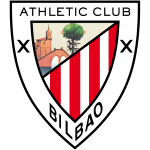Founded in 1903, Athletic Club is one of the biggest clubs in Spain and is famous for its decades-long history in the country. The club is reminiscent of the mixed footballing culture of Britain and Spain, which is one of the many reasons behind their name “Athletic” instead of the popular Spanish name “Atletico.” Among the top clubs in the country today, Bilbao is arguably the most influential city, having possessed a dominant history in the early years of football in Spain. The Basque club, adorned in white and red stripes, is popularly known as Los Leones (The Lions) and Zuri-Gorriak (The Red and Whites) in the neighbourhood. One of the most successful club in Spain Athletic Bilbao, boasts a beautiful stadium named Estadio San Mames, which was built in 1913. Today, the Athletic Club remains the base of this peculiar philosophy in a world where football has been globalised. The club operates in a challenging environment with apparent limitations of financial capability and international transfers. There is an interesting dichotomy with the restrictions however, and the club has found a way to thrive in their own sphere. In the 2023-24 season, the club enjoyed one of the greatest victories in their history by winning the Copa del Rey, their first major trophy in 40 years. This moment was celebrated and paraded along the banks of the Nervión river. In doing this, the club melded its existence as one of the serious contenders while proving that home-grown footballers can still be a successful path at the highest level. The club's main goal today is to maintain the successful output of players through their highly revered Lezama academies, ensuring the incoming generation of Basque players is nurtured to carry on the tradition. Their story runs much deeper than the written narrative about the club. Let's explore Athletic club fans, sponsors, stadium, home ground, history, net worth, and trophies.

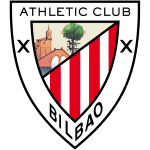
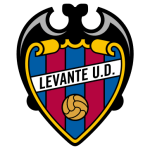



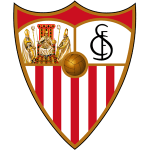






-1770218961694.webp)
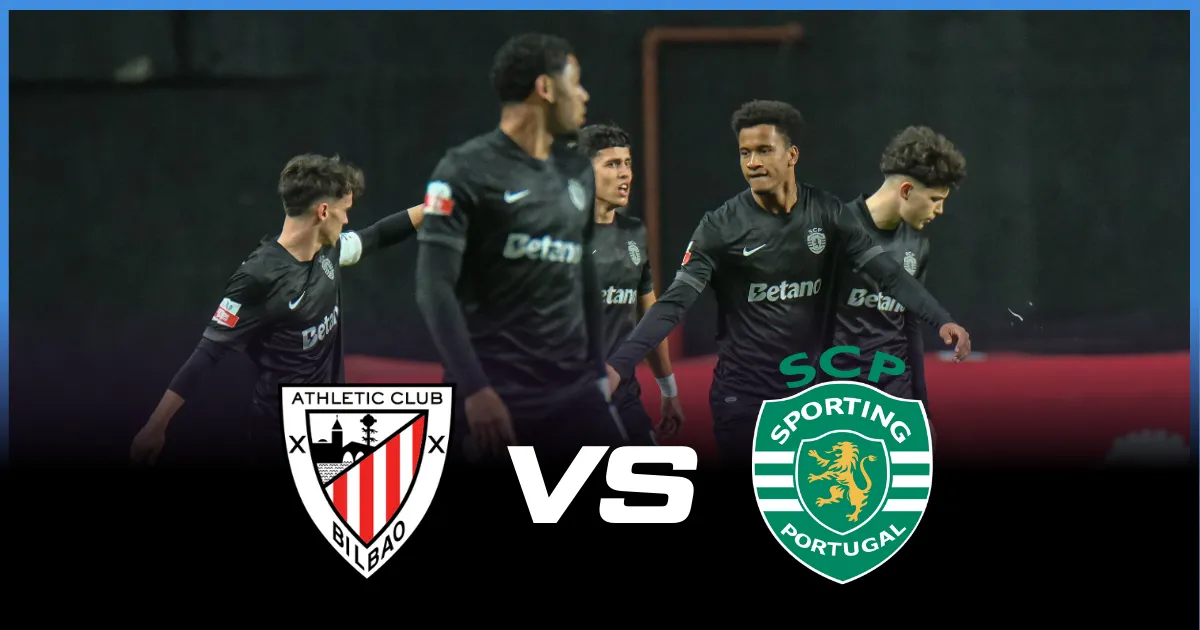
-1769504909498.webp)
-1769007871572.webp)





